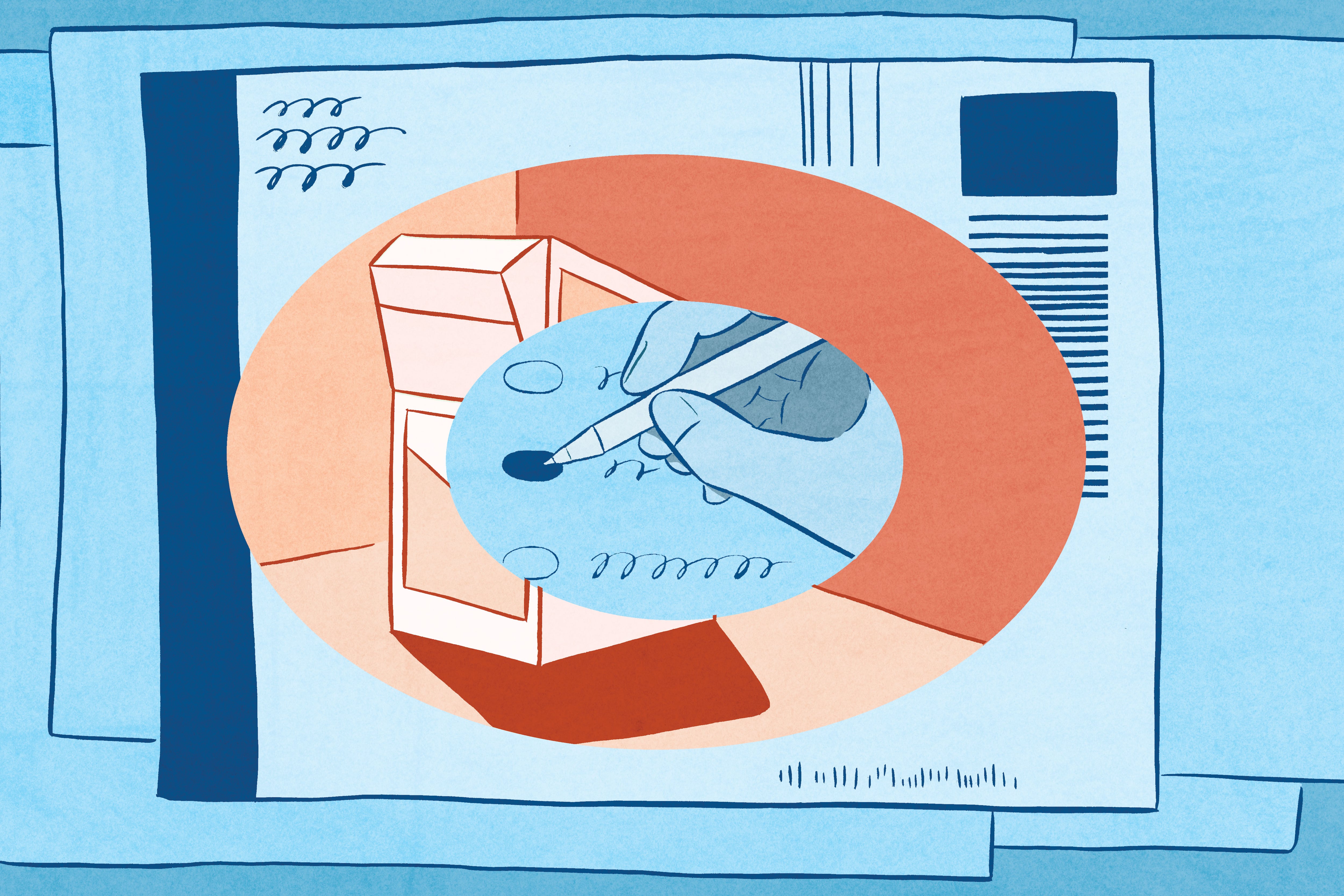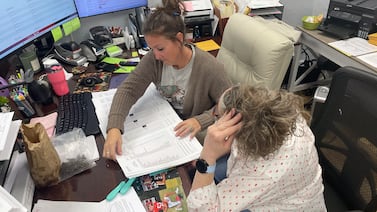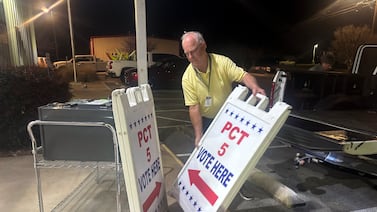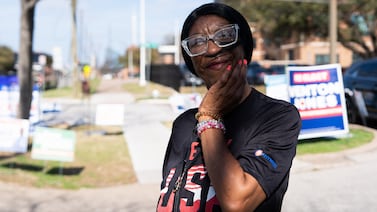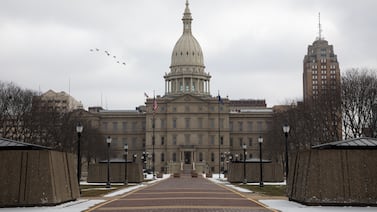Pennsylvania voters did not have equal opportunities to cast or correct their ballots during the November 2022 election, according to a Votebeat and Spotlight PA analysis.
As part of a review of all 67 counties’ election policies, the news organizations found that some voters had the opportunity to fix mail ballots with technical errors while others did not. The disparity disenfranchised hundreds of people.
In Pennsylvania, the governor and legislature broadly set election rules, but county officials also make important decisions like whether or not to offer drop boxes. These different decisions result in a patchwork of election policies across the state.
To unpack these disparities, Spotlight PA hosted a panel on Pennsylvania’s unequal election policies and how they impact voters.
Our panelists include:
- Kate Huangpu, government reporter, Spotlight PA
- Carter Walker, reporter, Votebeat
- Lisa Schaefer, executive director, County Commissioners Association of Pennsylvania
- Jeff Greenburg, senior advisor on election administration, Committee of Seventy
- Susan Gobreski, director of government policy, League of Women Voters of Pennsylvania
Watch a recording of the event below:

